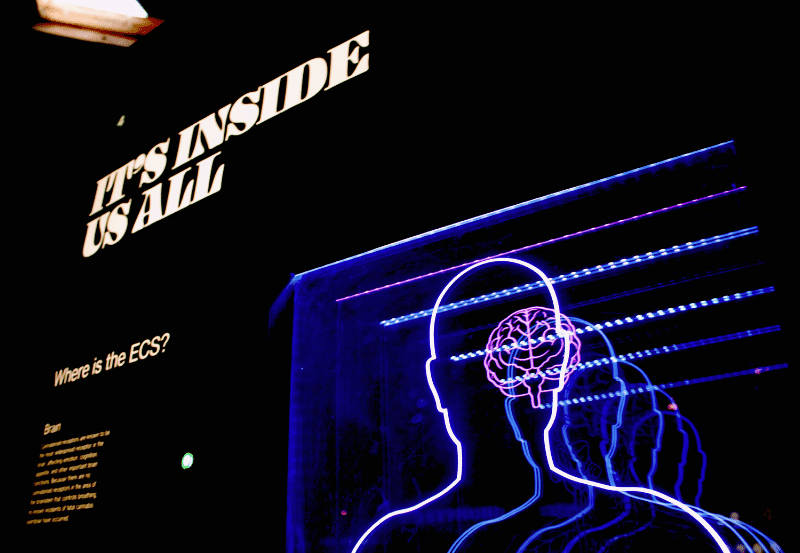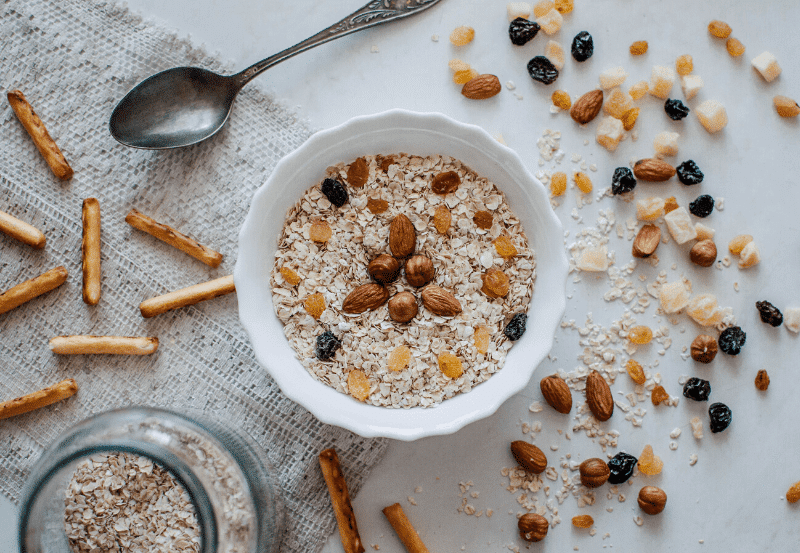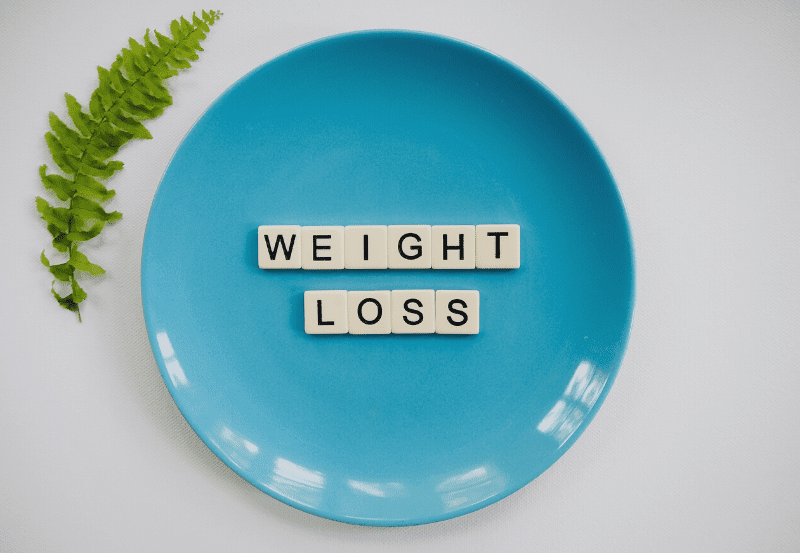Are you tired of trying popular diets that promise you the world but leave you feeling unfulfilled? Do you need clarification about which diet to choose for your specific needs? Popular diets have become increasingly common in recent years, each with pros and cons. When choosing a diet, it’s essential to consider your individual needs and preferences and consult with a healthcare professional for personalized recommendations. Look no further! In this article, we’ll dive into the pros and cons of popular diets today, so you can decide which is best for your goals and lifestyle.
Table of Contents
The Mediterranean Diet
The Mediterranean Diet is based on the traditional foods of countries bordering the Mediterranean Sea, such as Greece, Italy, and Spain. Here we will discuss the pros and cons of popular diets of the Mediterranean diet, which are the following:
Pros
1. Emphasizes Whole Foods
The Mediterranean Diet encourages the consumption of fresh fruits and vegetables, whole grains, lean proteins, and healthy fats, which can provide the body with the nutrients it needs to function optimally.
2. It May Reduce the Risk of Heart Disease
The Mediterranean Diet is high in monounsaturated and polyunsaturated fats, which have been shown to lower LDL (harmful) cholesterol levels and improve overall heart health.
3. It May Improve Brain Function

The diet is also rich in antioxidants and omega-3 fatty acids, which have been shown to improve cognitive function and reduce the risk of cognitive decline.
Cons:
1. It May Be Expensive
The Mediterranean Diet emphasizes whole, fresh foods, which can be more costly than processed or packaged foods.
2. It May Not Be Easy To Follow
The diet requires a significant shift in eating habits and may be challenging for those used to a Western-style diet.
3. Not Suitable For Everyone:
The Mediterranean Diet may not be ideal for those with specific dietary restrictions, such as lactose intolerant or allergic to nuts.
The Paleo Diet

The Paleo Diet is based on the types of foods that were available to our hunter-gatherer ancestors. It emphasizes meat, fish, vegetables, and fruits while excluding grains, legumes, and dairy.
Pros
1. Emphasizes Whole Foods
The Paleo Diet encourages the consumption of whole, fresh foods, which can provide the body with the nutrients it needs to function optimally.
2. It May Improve Blood Sugar Control
The diet is low in carbohydrates, which can help improve blood sugar control for those with diabetes or insulin resistance.
3. It May Promote Weight Loss
The diet is high in protein, which can help boost feelings of fullness and reduce overall calorie intake.
Cons
1. It May Be Too Restrictive

The Paleo Diet excludes many foods commonly consumed in Western diets, such as grains and dairy, making it difficult for some people to follow.
2. It May Not Provide Enough Fiber
The diet is low in fibre, which can lead to digestive issues and constipation.
3. It May Be Too High In Saturated Fat
The diet emphasizes consuming meat and other animal products, which can be high in saturated fat and cholesterol, potentially increasing the risk of heart disease.
The Ketogenic Diet:
The Ketogenic Diet is a low-carbohydrate, high-fat diet that aims to put the body into a state of ketosis, burning fat for fuel instead of carbohydrates.

Pros
1. It May Promote Weight Loss
The Ketogenic Diet is very low in carbohydrates, which can help encourage weight loss by inducing a state of ketosis and reducing overall calorie intake.
2. It May Improve Blood Sugar Control
The diet can help improve blood sugar control for those with diabetes or insulin resistance.
3. It May Improve Specific Health Conditions
The Ketogenic Diet has been shown to have potential benefits for specific health conditions, such as epilepsy and some neurological disorders.
Cons
1. It May Not Be Easy To Follow
The Ketogenic Diet requires a significant shift in eating habits and may be challenging for those who are used to a higher carbohydrate diet.
2. It May Cause Nutrient Deficiencies
The diet restricts many food groups, which can lead to nutrient deficiencies if not carefully planned and monitored.
3. It May Cause Digestive Issues
The high-fat content of the diet can lead to digestive problems such as constipation and diarrhoea.
The Atkins Diet

The Atkins Diet is a low-carbohydrate, high-protein diet that aims to promote weight loss by inducing a state of ketosis in the body. The diet has been popular since the 1970s and has undergone several revisions. We will discuss the pros and cons of popular diets of the Atkins diet, which are the following:
Pros
1. It May Promote Weight Loss
The Atkins Diet restricts carbohydrates, which can help encourage weight loss by inducing a state of ketosis and reducing overall calorie intake.
2. It May Improve Blood Sugar Control
The diet can help improve blood sugar control for those with diabetes or insulin resistance.
3. It May Promote Satiety
The high protein content of the diet can boost feelings of fullness and reduce overall calorie intake.
Cons:
1. It May Cause Nutrient Deficiencies
The diet restricts many food groups, which can lead to nutrient deficiencies if not carefully planned and monitored.
2. It May Increase the Risk of Heart Disease
The high protein content of the diet can increase the risk of heart disease, especially if it is high in saturated fat.
3. It May Not Be Easy To Follow
The Atkins Diet requires a significant shift in eating habits and may be challenging for those who are used to a higher carbohydrate diet.
Conclusion:
There is no “one-size-fits-all” approach to nutrition, and your best diet will depend on your individual goals and lifestyle. It’s crucial to weigh the pros and cons of popular diets before deciding which one to follow and to consult with a healthcare professional if you have any underlying health conditions or concerns. By making informed choices about our foods, we can help promote optimal health and well-being.
To access additional informative blog content, click here.




